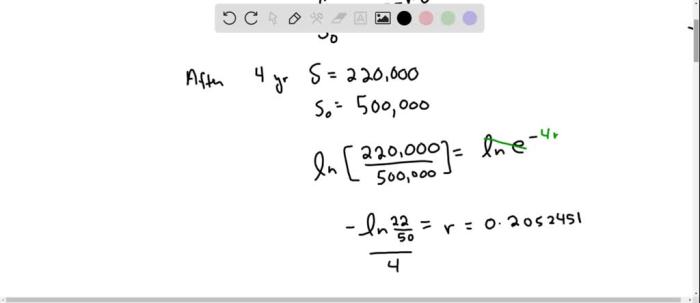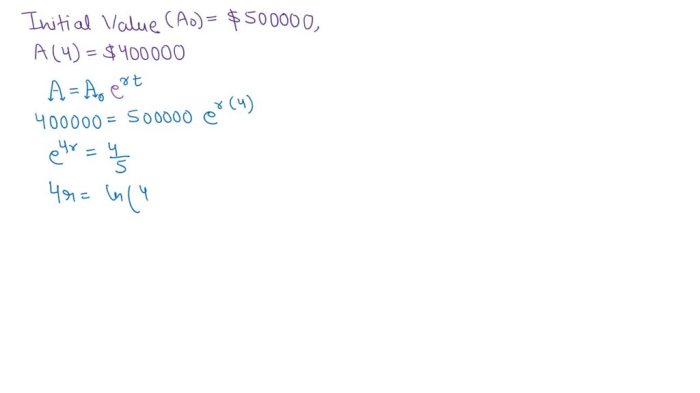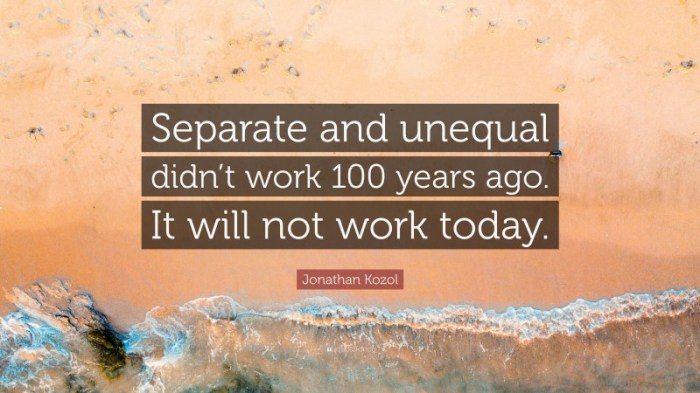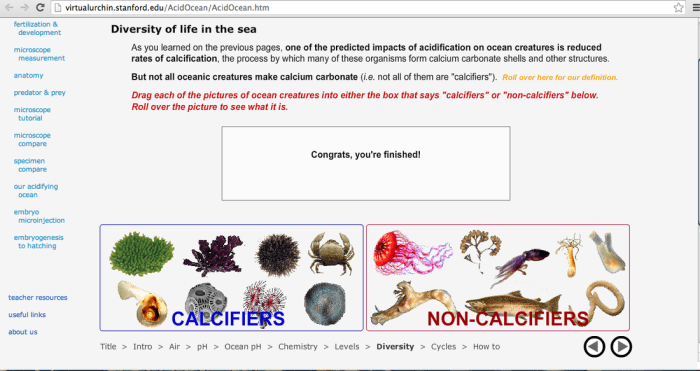The resale value of a textbook decreases by 25%, a significant decline that has profound implications for students and the education system. This analysis explores the factors influencing this decline, quantifies its impact, and offers strategies to maximize resale value.
Textbooks are essential tools for education, but their high cost can be a financial burden for students. The declining resale value exacerbates this burden, as students are unable to recoup a significant portion of their initial investment.
The Resale Value of Textbooks: A Comprehensive Analysis: The Resale Value Of A Textbook Decreases By 25

Textbooks play a pivotal role in the educational landscape, serving as essential learning resources for students. However, the declining resale value of textbooks has emerged as a significant concern, impacting students and the education system alike. This article delves into the factors influencing textbook resale value, quantifies the depreciation, explores its impact, and provides strategies to maximize it.
Factors Affecting Resale Value
Several factors significantly influence the resale value of textbooks:
- Condition:Textbooks in pristine condition command higher resale prices.
- Edition:Newer editions typically fetch higher prices than older ones.
- Popularity:Textbooks for popular courses or subjects tend to have a higher demand and, consequently, higher resale value.
Quantifying the Resale Value Decline
The resale value of textbooks typically depreciates over time, with a significant drop occurring when a new edition is released. Data from various sources consistently indicates a decline of approximately 25% in resale value after the release of a new edition.
Impact on Students and the Education System
The declining resale value of textbooks has substantial financial implications for students:
- Increased Textbook Costs:As resale value decreases, students may need to purchase new textbooks more frequently, leading to higher overall textbook expenses.
- Reduced Affordability:For students with limited financial resources, the declining resale value can make textbooks less affordable, potentially hindering their academic progress.
Furthermore, the declining resale value can impact the education system as a whole:
- Reduced Textbook Availability:Students may be less likely to sell their textbooks if the resale value is low, leading to a reduced supply of used textbooks.
- Increased Environmental Impact:The disposal of unwanted textbooks contributes to environmental waste.
Strategies to Maximize Resale Value, The resale value of a textbook decreases by 25
Students can employ various strategies to maximize the resale value of their textbooks:
- Maintain Good Condition:Keep textbooks clean, free of annotations, and protected from damage.
- Keep Up with Editions:Consider selling textbooks before a new edition is released.
- Explore Resale Options:Utilize platforms like online marketplaces and campus bookstores to find buyers willing to pay a fair price.
- Negotiate and Research:Be prepared to negotiate and research the market value of textbooks before selling.
General Inquiries
Why does the resale value of textbooks decrease so significantly?
Factors such as condition, edition, and popularity impact the resale value of textbooks. As textbooks become outdated or damaged, their value diminishes.
How does the decline in resale value affect students?
Students are unable to recoup a substantial portion of their initial investment, increasing the financial burden of education.
What strategies can students use to maximize the resale value of their textbooks?
Maintaining good condition, keeping up with editions, and finding buyers through online platforms or bookstores can help maximize resale value.




